Chances for peace in Ukraine minimal: UN chief
UN Secretary-General Antonio Guterres has expressed pessimism about the situation in Ukraine, saying the prospects for peace in country are "minimal" at present.
Guterres expressed pessimism at a press conference on Wednesday, after he held a telephone conversation with Russian President Vladimir Putin to discuss efforts to overcome "obstacles" related to Russia's food and fertilizer exports through Ukraine's Black Sea ports.
He warned that it would be "naive" to believe there had been sufficient progress toward a rapid end to the war in Ukraine, stressing that the ongoing conflict was not only devastating that country but also dragging down the global economy.
"I have the feeling we are still far away from peace. I would be lying if I would say it could happen soon," he said.
"I have no illusion; at the present moment, the chances of a peace deal are minimal," he added, noting that even a ceasefire was "not in sight."
Guterres said he was maintaining contact with both sides and expressed hope that "one day it will be possible to go to a higher level of discussion."
The UN chief further warned that "there is a risk of multiple famines this year" despite the July 22 deal to start shipping Ukrainian grain from Black Sea ports and get Russian food and fertilizers to global markets.
"There are some exports of Russian food and fertilizers but much lower that what is desirable and needed," Guterres said, adding that there was discussion about expanding Russian exports of ammonia — a key fertilizer ingredient — through the Black Sea ports that are currently being used to ship grain from Ukraine.
He also warned that the fertilizer crisis had reached a "dramatic" level, emphasizing that high prices for fertilizers had already reduced the planting of food crops, which is why it is critical to increase Russian exports of ammonia.
"We are risking to have a fertilizer market crunch," Gutteres said. "We have news from different parts of the world that the areas cultivated are much smaller than in the previous cycle, which means that we risk in 2022 the real lack of food."
A two-part agreement — allowing both the flow of Ukraine's grain exports blocked by the war and Russia's food and fertilizer exports — was brokered by the United Nations and Turkey in July and is expected to last 120 days.
While some 3 million tons of grain have been allowed to leave Ukraine, Russia says exports of its own foodstuffs and fertilizer continue to suffer under Western sanctions, which have targeted Moscow for its military offensive.
Russia started a military operation in Ukraine on February 24. The ongoing war and the subsequent blockade on Ukraine's Black Sea ports have endangered the world food supply by preventing Ukraine from shipping its agricultural products. Ukraine, one of the world's biggest grain producers, is a major exporter of corn, barley, sunflower oil, and rapeseed oil.
Russia and Ukraine together produce almost 30 percent of the global wheat supply.
The UN's World Food Programme (WFP), which purchases almost 50 percent of its grain from Ukraine, feeds some 125 million people around the world.
ICE shooting of protester in Minnesota
UN envoy: US responsible for ‘unpredictable consequences’ of aggression on Iran
UK, China push strategic cooperation as US undermines global order
Iran not opposed to dialogue but seeks diplomacy based on mutual respect: Qalibaf
Extreme poverty rate soars in UK: Report
Hezbollah official warns US strike on Iran could ‘trigger volcano’ in West Asia
Hamas never agreed to lay down arms in truce talks: Official
VIDEO | Iraqi political blocs denounce Trump’s interference in domestic affairs


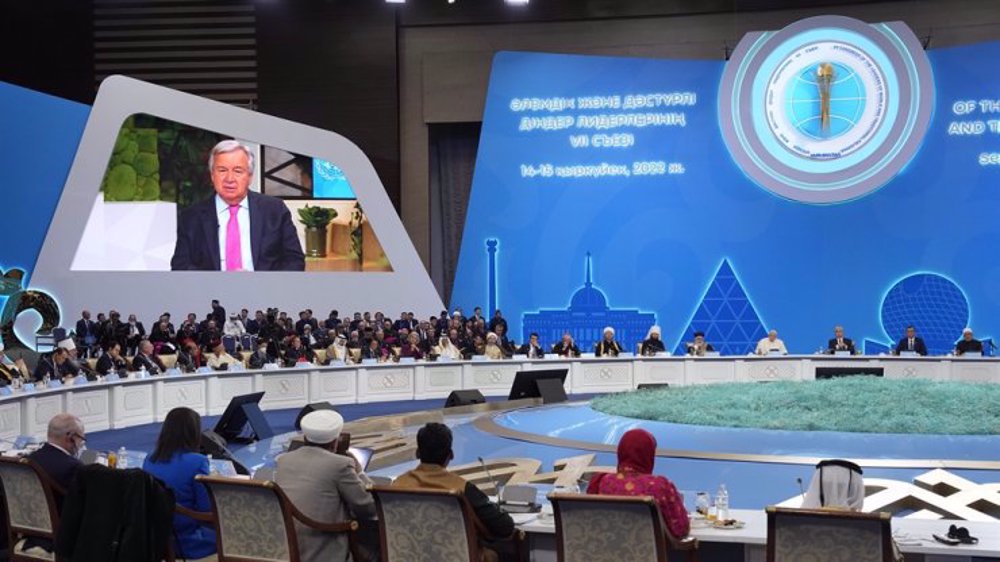
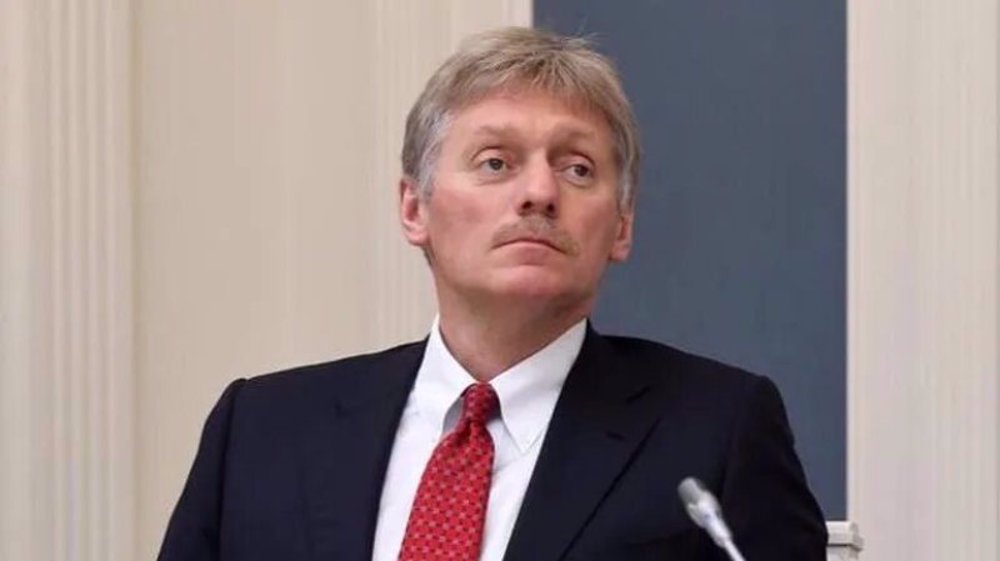
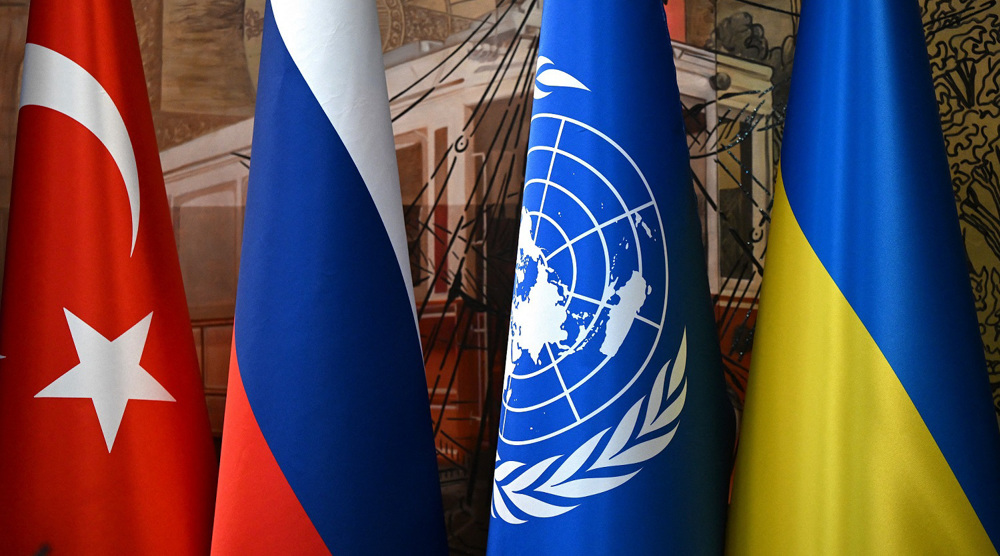
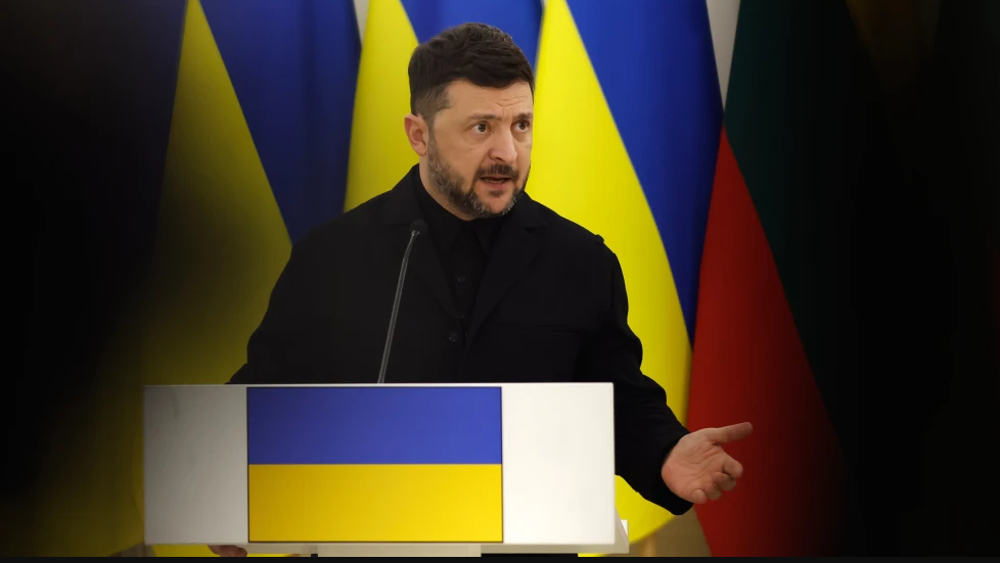
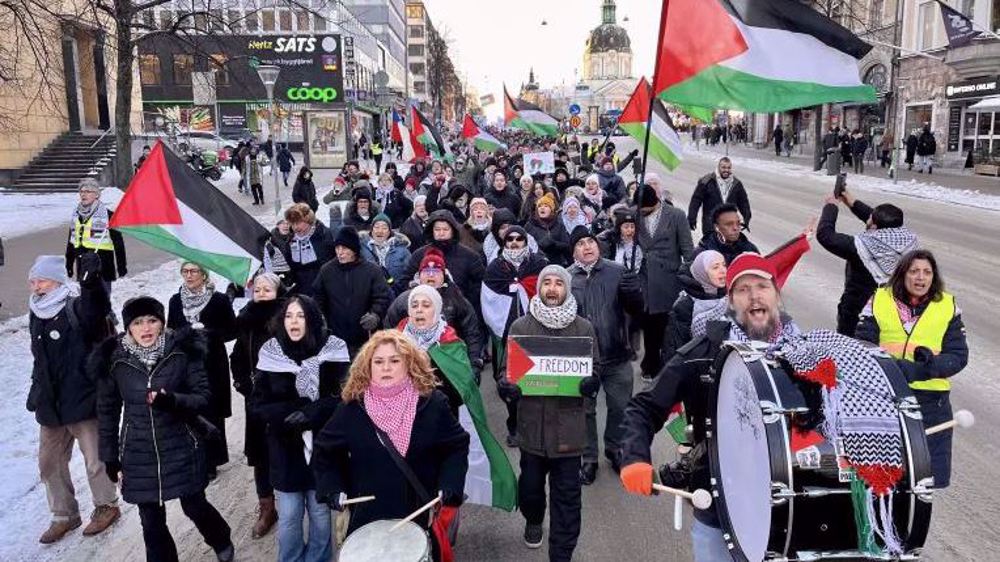
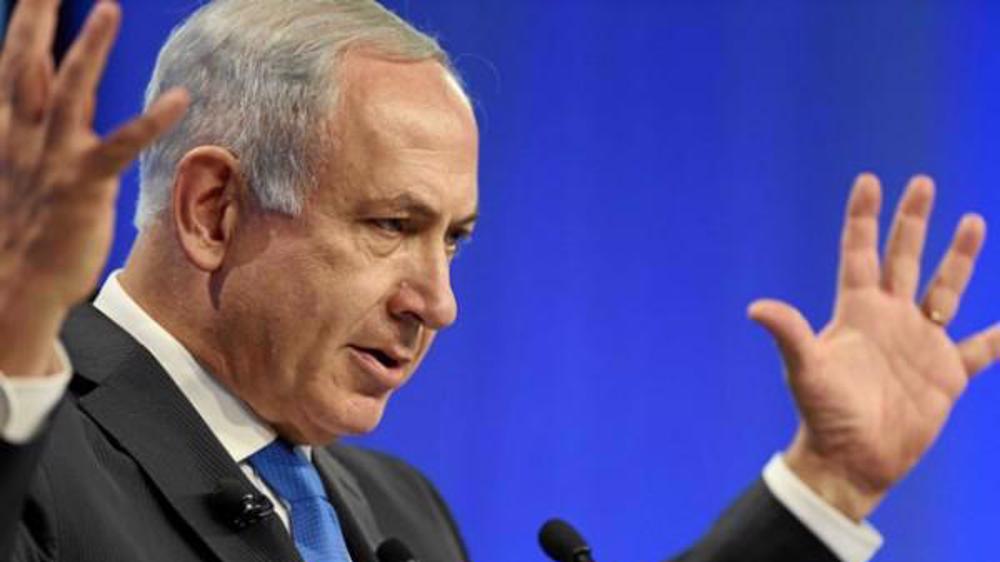



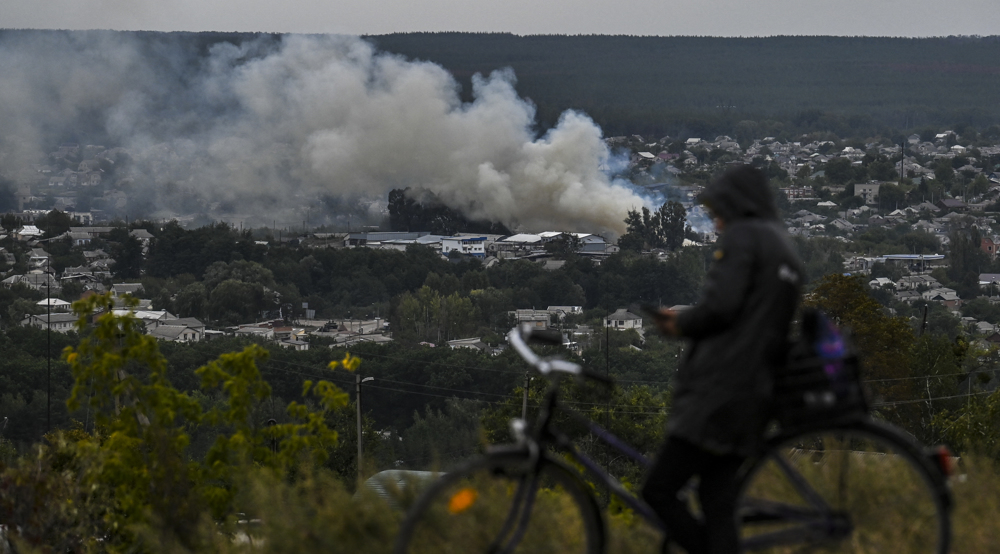
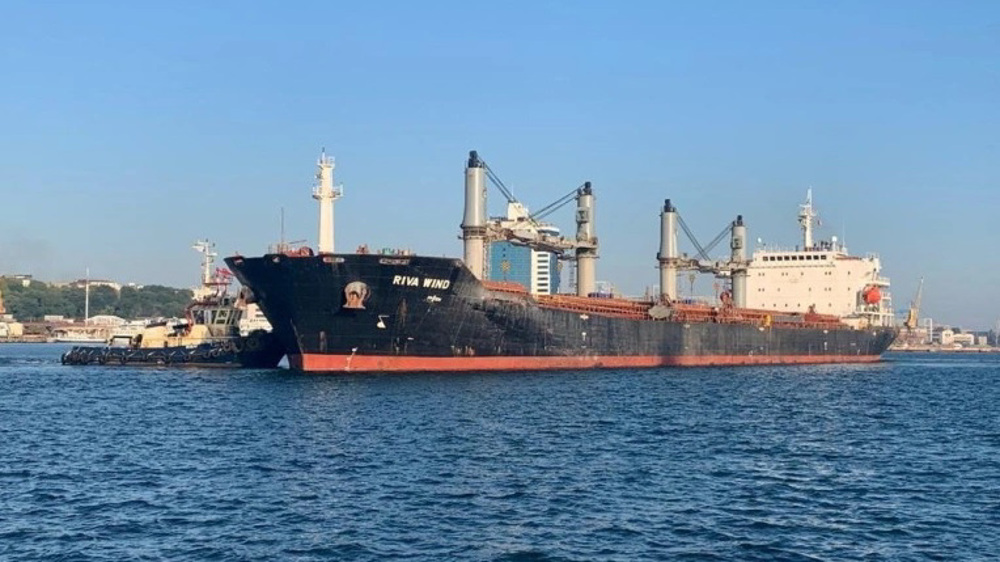
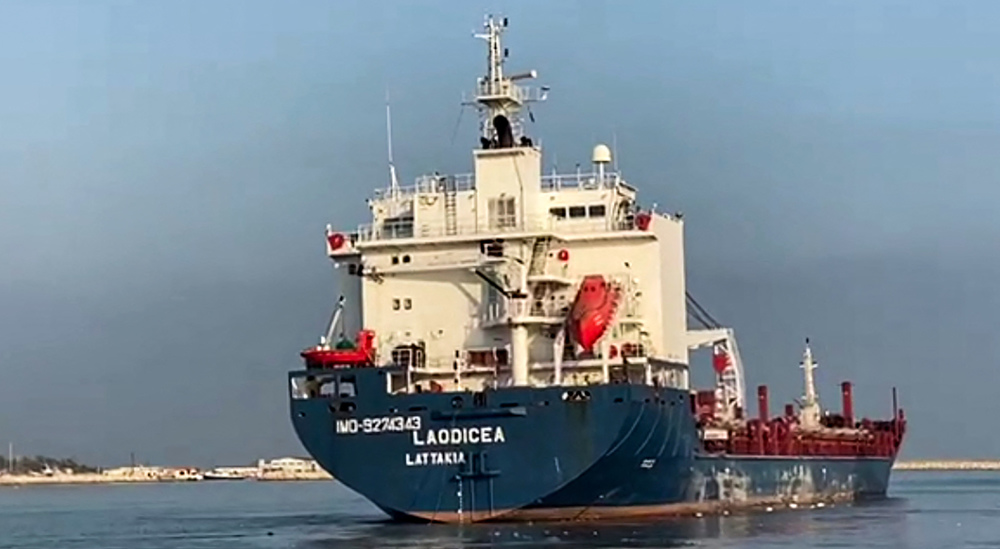

 This makes it easy to access the Press TV website
This makes it easy to access the Press TV website